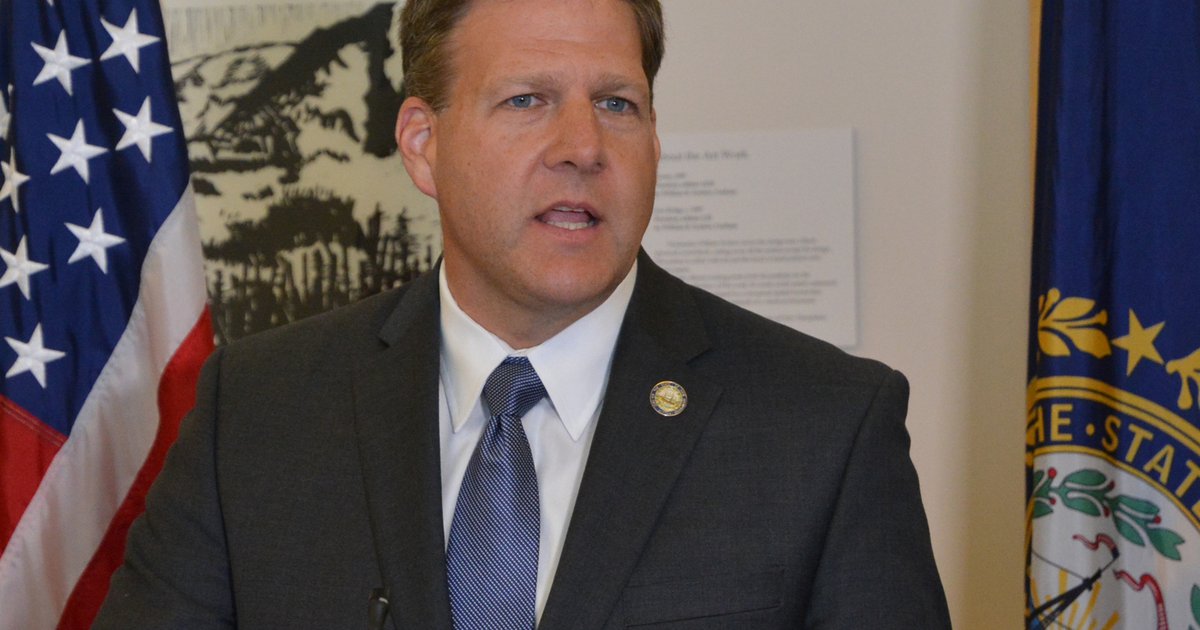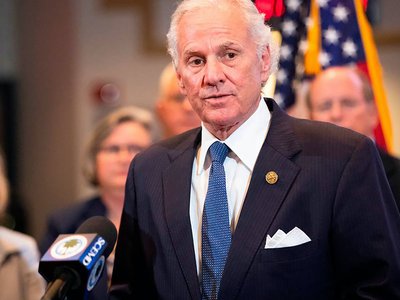As some states end their participation in federal pandemic-related unemployment benefits, others are offering extra cash incentives to get people back to work.
Millions are unemployed but hiring has slowed nationwide, and some businesses are putting the blame on unemployment benefits as part of the problem.
“Are you really gonna bust your butt for 40 hours a week for an extra 60 bucks?” said Jeff Benkel, a bakery owner in Arizona. “For a lot of people, the answer is no.”
“I had doubled the size of the bakery in 2019, and we were doing better than we ever had and we’re still not back where we were,” he said.
Chris Gilbert, a manager at Concord Food Co-op in New Hampshire, said hiring has also been a problem.
“I’ve been doing this for 30 years and I’ve never seen anything like this,” said Gilbert, who because of a lack of workers, has had to reduce store hours. He fears that if hiring continues to slow, he’ll have to close his business.
To entice more people to get back to work, governors in six states, including New Hampshire, are offering people a return-to-work bonus, ranging from $500 to $2,000.
Last week in the Granite State, New Hampshire Gov. Chris Sununu said he’ll discontinue the $300-a-week federal unemployment benefits, which can happen in a few weeks.
“We’re stepping in and saying, ‘let us take back the burden,’” Sununu told “GMA.” “Allow folks the opportunity to make it equal across the board, regardless of what you’re going to do. We’re not going to discriminate by what your job might be, we’re gonna make sure it’s available.”
New Hampshire is among 25 states slashing federal unemployment benefits before the Labor Day deadline. Other states that have done so include Texas, Florida, Arizona, Maryland and Iowa.
The benefits were funded through Sept. 6 as part of the $1.9 trillion American Rescue Plan, but will now end between mid-June and early July for these 25 states.
In addition to the one-time bonus that some states are offering people to go back to work, some states like Arizona are helping out with child care assistance, which is giving small business owners hope it will help their business return to normal.
“The end is in sight,” said Benkel. “We’ll get there.”






